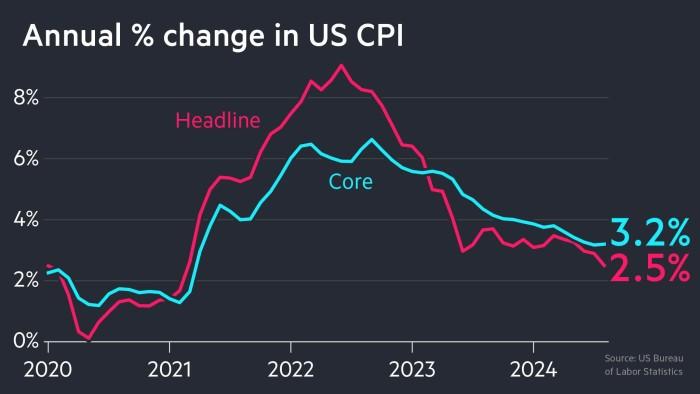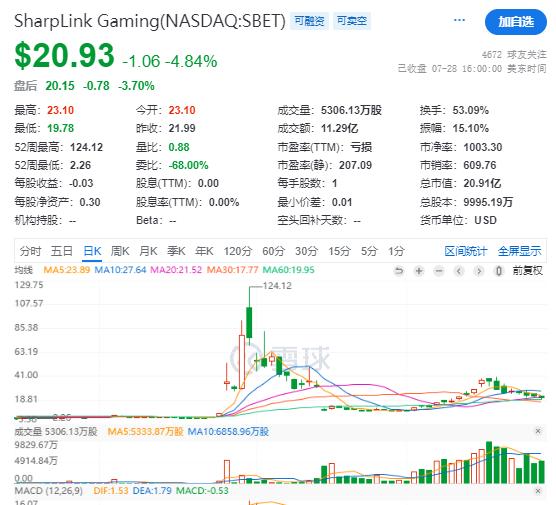The Chinese authorities have cracked down on a Bitcoin (BTC) money laundering operation involving employees of Kuaishou, the country's second-largest video-sharing platform, similar to TikTok.
China remains one of the most strictly regulated environments for cryptocurrencies globally. Their near-total ban is driven by concerns about financial stability, capital outflows, crime, and environmental impact.
Kuaishou Employees Jailed for 20 Million USD Bitcoin Scheme
The Haidian District People's Procuratorate in Beijing reported that individuals within the company had embezzled nearly 140 million yuan (approximately 20 million USD).
They were known to have used Bitcoin to conceal and transfer funds through a complex network of exchanges and cryptocurrency mixing services.
The case revealed how the group transferred stolen funds through eight overseas cryptocurrency exchanges, using coin mixing services to obscure transaction traces.
Despite their efforts, investigators tracked the money flow and ultimately recovered 92 BTC, valued at around 89 million yuan (11.7 million USD), which was returned to the company. A prosecutor from the Haidian Procuratorate described the case as emblematic of a new trend in digital corruption.
"This case stands out with three notable characteristics of modern digital corruption: Small officials but large-scale corruption, money laundering through virtual currency, and weak corporate risk management," local media reported, quoting prosecutor Li Tao.
Feng, the main mastermind, and seven accomplices were sentenced for embezzlement. They received sentences ranging from three to fourteen years in prison, along with financial penalties.
The verdict, issued by the Haidian District People's Court, emphasizes China's increasingly growing ability to trace digital assets even through multiple layers of anonymity tools.
The case is significant beyond the scale of money, reflecting an increasing trend where commercial corruption is intertwined with emerging technologies like cryptocurrencies. This allows perpetrators to conduct high-tech money laundering beyond the control of traditional regulations.
Recently, a Beijing court sentenced former financial official Hao Gang to 11 years in prison for bribery and Bitcoin-related money laundering.
The Haidian Procuratorate recently released a Whitepaper on commercial corruption, noting 1,253 related cases from 2020 to 2024.
Authorities emphasize how many current schemes are coordinated with external actors and heavily rely on digital tools to avoid surveillance.
This case signals the need for technology companies and cryptocurrency platforms to strengthen monitoring systems in the context of increasing enforcement efforts.
Meanwhile, China's stance on cryptocurrencies remains controversial. The National Development and Reform Commission (NDRC) classifies the digital asset market as an undesirable industry. In this context, provinces have closed mining operations.
Similarly, the Chinese government declares all cryptocurrency-related transactions illegal, reinforcing the ban and prohibiting foreign exchanges from serving Chinese citizens. BeInCrypto has reported a Chinese court ruling that cryptocurrency Futures Contract trading constitutes gambling, sentencing BKEX employees for "running a gambling den."
However, the country has proven ability to adjust to geopolitical changes to maintain economic dominance. Two such efforts include a recent 138 billion USD stimulus package and reverse repo rate adjustments.







